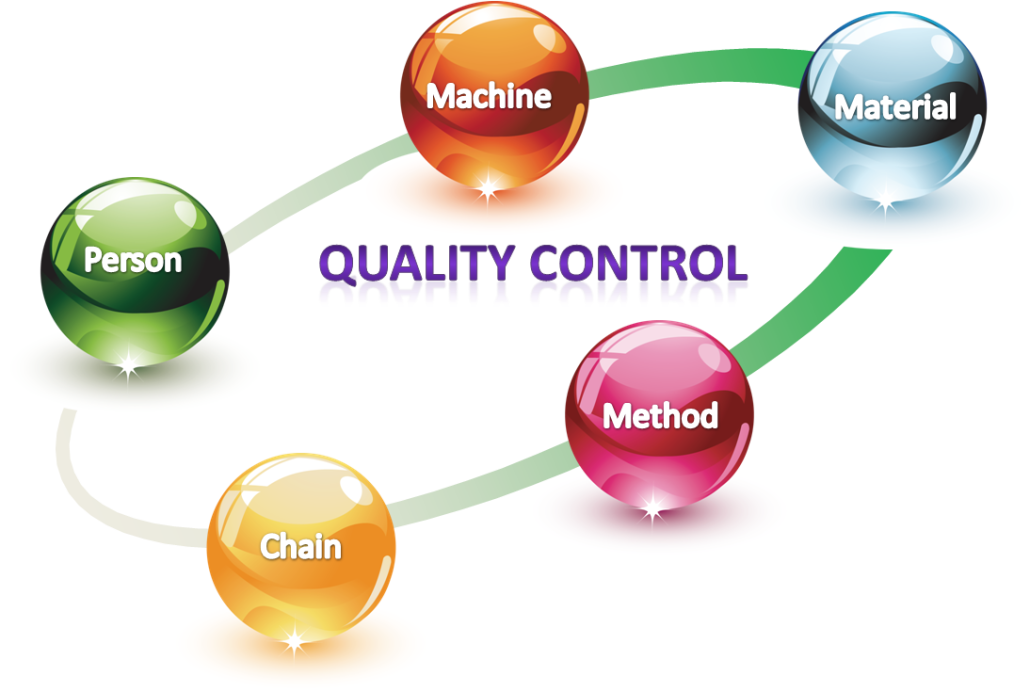Develop and Monitor Data Entry Quality Systems
The data entry QA professional helps develop data entry systems, controls and analysis tools that help ensure consistent quality throughout the data entry process. Over time, you have to review and update QA controls and practices based on changing technology, workplace evolution or client demands. Along with developing processes, the quality assurance professional must train and coach data entry specialists to implement proper standards.
Report Gathering
In most environments, data entry specialists prepare reports of their work that indicate what types of data have been entered. The quality assurance professional must periodically collect and review reports to uncover any data errors and to coordinate correction. When building a client database, for instance, the quality assurance professional must review to ensure that all fields in a client profile are completed, and then approach specialists to correct errors and inconsistencies.
Teamwork and Collaboration
The quality assurance for data entry role is essentially a department leadership position. In most organizations, it is important that leaders in each department or office understand how their work impacts other areas. Therefore, a quality assurance professional must periodically meet with others to assess data requirements and usage. This step helps to build or evolve quality control systems. Additionally, QA leaders must receive ongoing training in best practices and new software programs used in data entry.
Background Requirements
Educational requirements for this position vary by environment. In general, a computer-related degree and experience with many computer programs and tools is required. However, QA experts in some industries need concentrated education. Those in health care, for instance, often need registered nursing certification or health care administration degrees. Excellent organizational skills, leadership and communication abilities are all preferred in most cases for a quality assurance professional as well.


